Can’t decide which Ecommerce platform will best suit your business? This blog is for you.
Starting an ecommerce business is exciting. Starting a new business allows you to define your company name, logo, and branding before beginning. However, it’s important to consider the future of your business and what other tools you might need in the future.
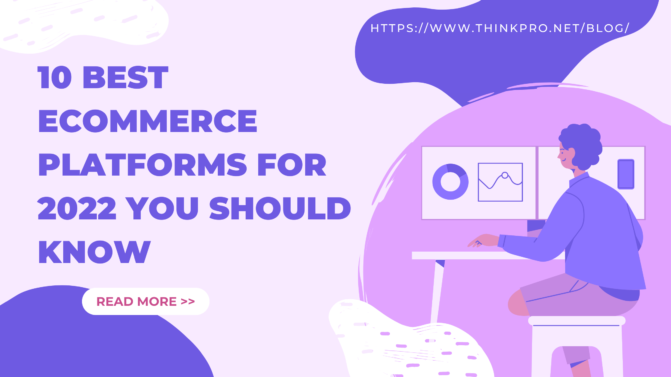
Purchase a platform that is inclusive so that you have a complete overview of your business. Today, you don’t just need the best ecommerce or website builder, you also need to find a platform that will allow your business to grow.
- Shopify
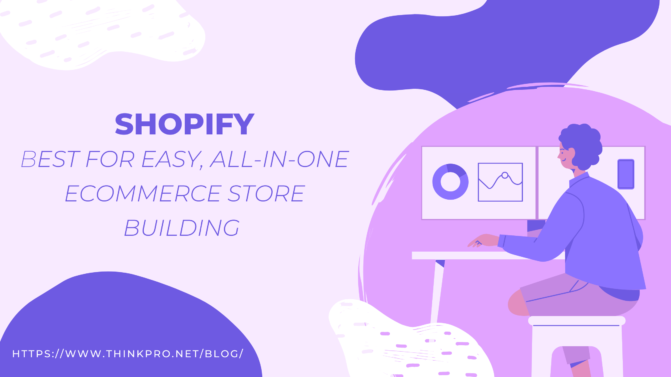
The platform Shopify offers is arguably the best for ecommerce. With our robust software and complementary tools, you can sell online or at your store. You have 100 paid or free themes to choose from so you can get your site up and running quickly with no learning curve.
Shopify can do everything that a traditional store would do, but it’s cheaper, has more tools and is easier to use. It helps you create payments, sell products in person or online, and fulfill the order to your customer with competitive shipping rates.
There are many powerful apps that work together seamlessly as part of the Shopify ecosystem. They offer an extensive library of third-party apps that can extend your experience with Shopify even further. With free email marketing, abandoned cart recovery, and search engine optimization tools, Shopify is the best platform for business owners.
- Wix

Wix is a user-friendly website builder that offers free templates, web hosting, and domain name registration. Upgrading to a paid plan will allow you to use Wix’s ecommerce features.
Wix provides tools to track orders, accept online payments, sell products on multiple channels and create abandoned cart campaigns.
However, it lacks certain features necessary for businesses with a lot of products. Shortcomings include low stock alerts and other inventory management features. If you have more than 10 or so items, you might want to choose a different platform which includes more robust inventory-tracking features.
- Big Commerce

BigCommerce is an ecommerce platform that is well suited for enterprise-level software companies. BigCommerce offers lots of customization options and web hosting like Shopify and Wix. Unlike with Wix, you cannot register your domain through BigCommerce; it must be purchased and registered elsewhere before porting it over to BigCommerce.
You can buy on international markets and sell merchandise to appeal to search engine algorithms or sell on social media. However, with these powerful features also comes complexity.
- Adobe Commerce
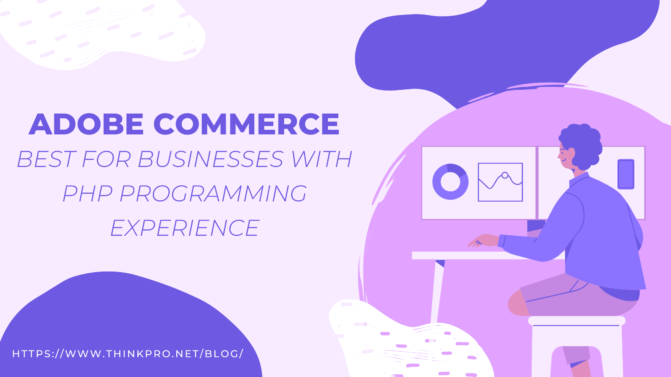
Adobe Commerce offers a powerful, customizable ecommerce platform for developers interested in designing a tailored site. Although this system provides many benefits, such as reduced complexity and cost, it can be difficult for brands to build the infrastructure themselves.
Adobe Commerce, also known as Magento lacks tools for a seamless multichannel strategy because it is difficult to integrate social commerce or marketplace selling. If you are planning on going global, Magento may not be the best choice as an ecommerce platform.
- PrestaShop
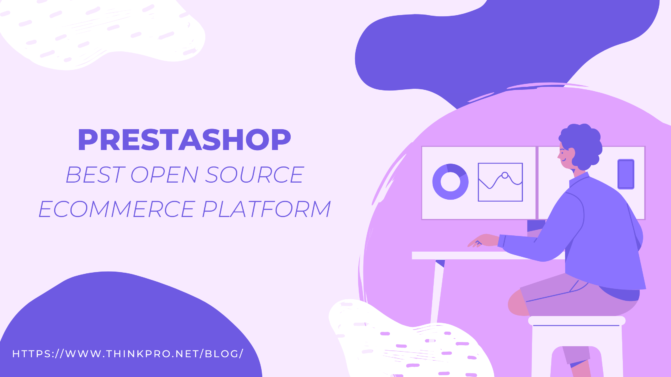
PrestaShop is an affordable and open source software option for shops new to ecommerce with a technical background. Integrations are hit or miss, so these shops have to troubleshoot themselves with the help of the community.
Business features of PrestaShop allow you to track inventory, shop online, sell internationally, and analyze your data for insights. You also have lots of control over your privacy settings.
When you are dealing with third-party hosting, modules, and add-ons, PrestaShop can get a little cumbersome.
- Big Cartel

Big Cartel is a website builder that creates fully hosted ecommerce sites for artists. It includes customizable templates and marketing tools to help these creatives build their business.
The Big Cartel platform does not allow for many customization options, so it is much more difficult to run an ecommerce business that sells on multiple platforms.
- Weebly
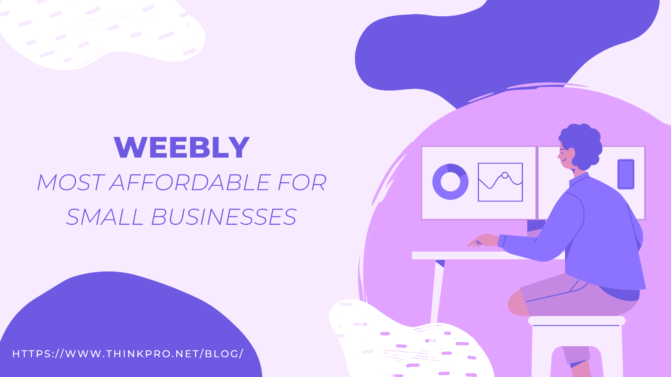
Weebly lets you create an online store with minimal technical know-how. So, if you want to create your own website for a small business but don’t have any technical expertise, you should use Weebly, but know that its offerings are not extensive.
Weebly is a free site building tool, but any pages you create will display the in-app ads unless you upgrade to the paid plan which has its own domain name.
- SquareSpace

The Squarespace CMS is a popular website builder, where you can add in eCommerce functionality with little technical know-how. They primarily offer website builder features and are not an online selling platform itself.
Once you have set up Squarespace, there are tools to help streamline your inventory. You can create a whole store and only pay once for the premium version that allows subscription entrepreneur services.
- OpenCart
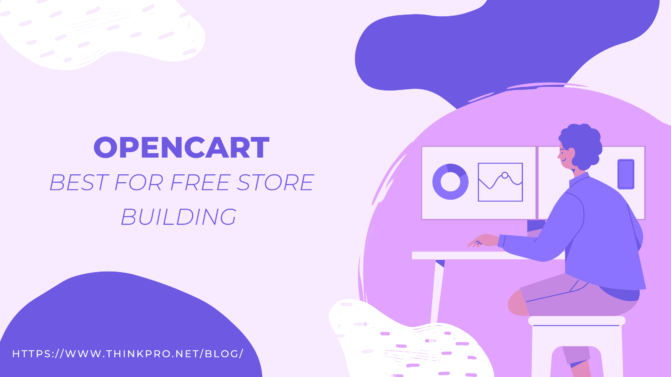
OpenCart is a free, open-source platform. Though the software is highly customizable and simple to set up, you can create multiple stores and manage them using a dashboard with important metrics like sales and repeat customers.
- Volusion

Volusion is an e-commerce platform developed in 1999 with no frills. You can create products, homepage, and product pages, as well as providing 30 payment gateways for your customers to purchase from.
Volusion integrates exclusively with physical products. They do not offer a free plan nor do they have an option to sell ebooks or music.